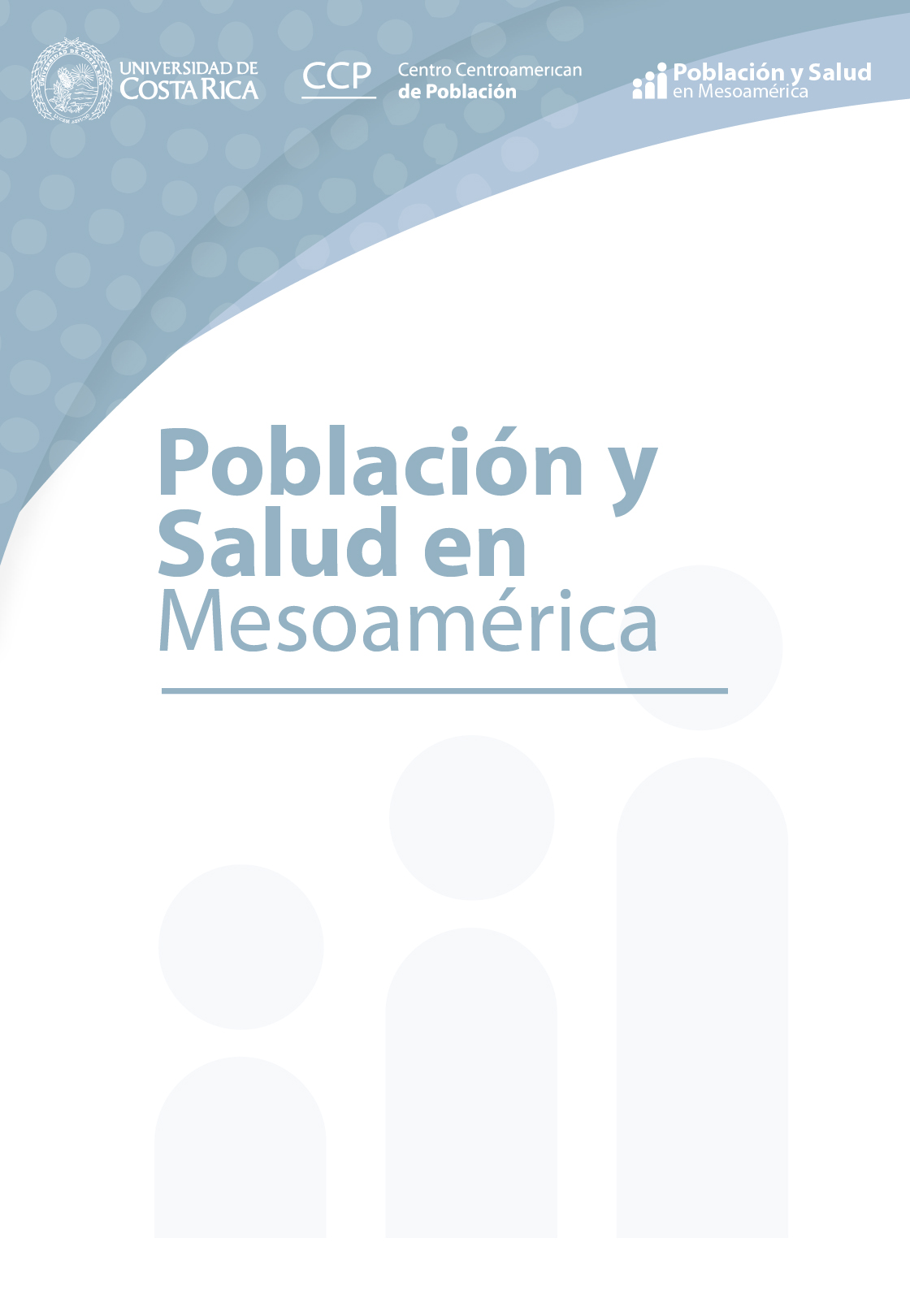Abstract
Introduction: The prevalence of childhood obesity in Costa Rica has been growing in the last decade. This problem is now a public health priority. The objective of the analysis is to evaluate the effectiveness of the Pongale Vida Model, through the anthropometric and biochemical variables, food and physical activities preferences, of children. The Póngale Vida Model look for promote healthy lifestyles and prevent childhood obesity in school children from public schools. These strategies are based on an ecological model which includes nutrition education and physical activity in the scenarios that are considered may influence behaviors in children such as the classroom, school, family and community. Methodology: In 2009, initially 482 children, were evaluated, divided in one intervened school (n=255) and one control school (n=173), and a final sample of 287 schoolchildren (n=255 and n=173 respectively), were evaluated for BMI, triceps skinfold and lipid profile, as well as one interview was administered at baseline and after a 7 month period. Results: There was a decrease in the intervened school in the mean Z score of BMI/age (Initial=0.54, Final=0.48) contrary to the control school, which increased (Initial=0.70, Final=0.85), despite the decrease in the first it was not significant, the difference in the final measurement between the operated and control school was significant (P=0.008). The biochemical indicators showed high values in both schools which suggest the need of further follow up. Conclusion: The intervention allows to modify trends, for which the school environment continues to be a suitable scenario for the prevention of childhood obesity, Pongale Vida represents an option to contribute to changes in the short and medium term.







